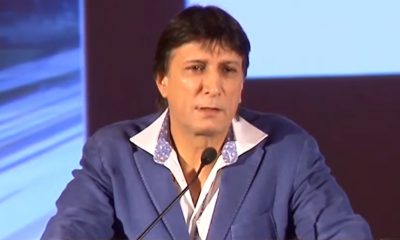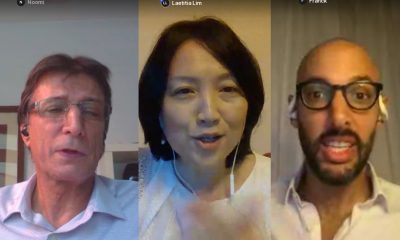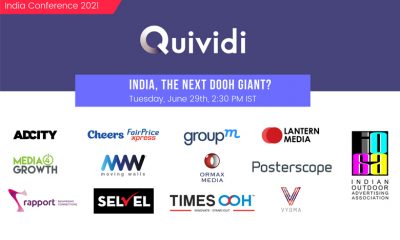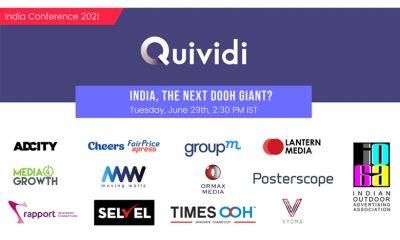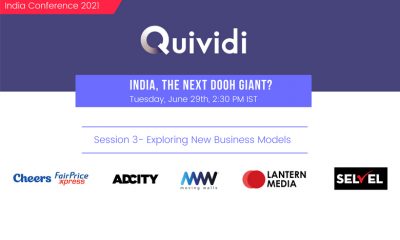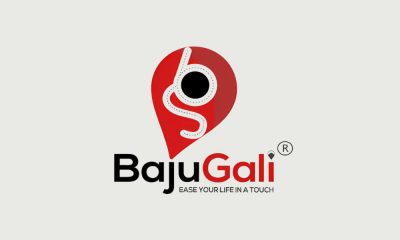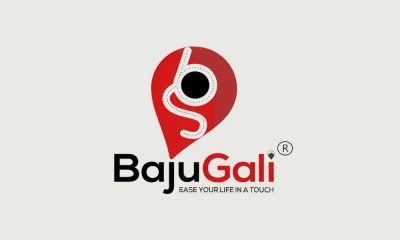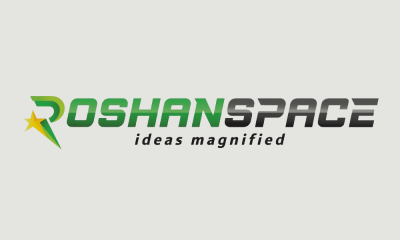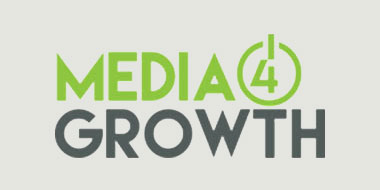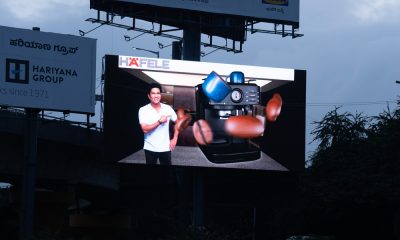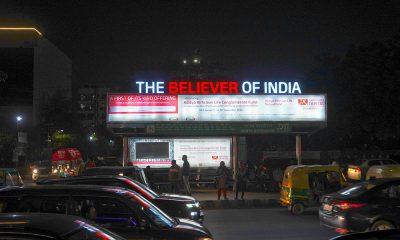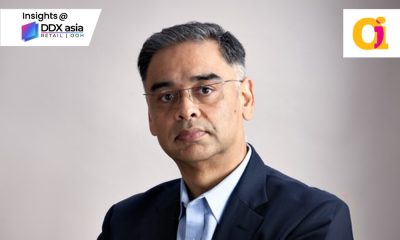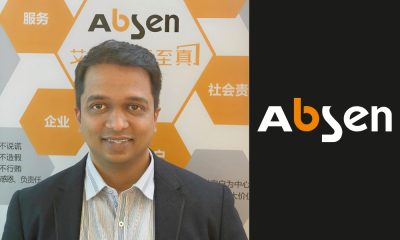Insights
Noomi Mehta on navigating the ‘P’ factor in the OOH industry
Exploring how political dynamics shape the OOH industry and strategies to navigate them, as shared by industry veteran Noomi Mehta.
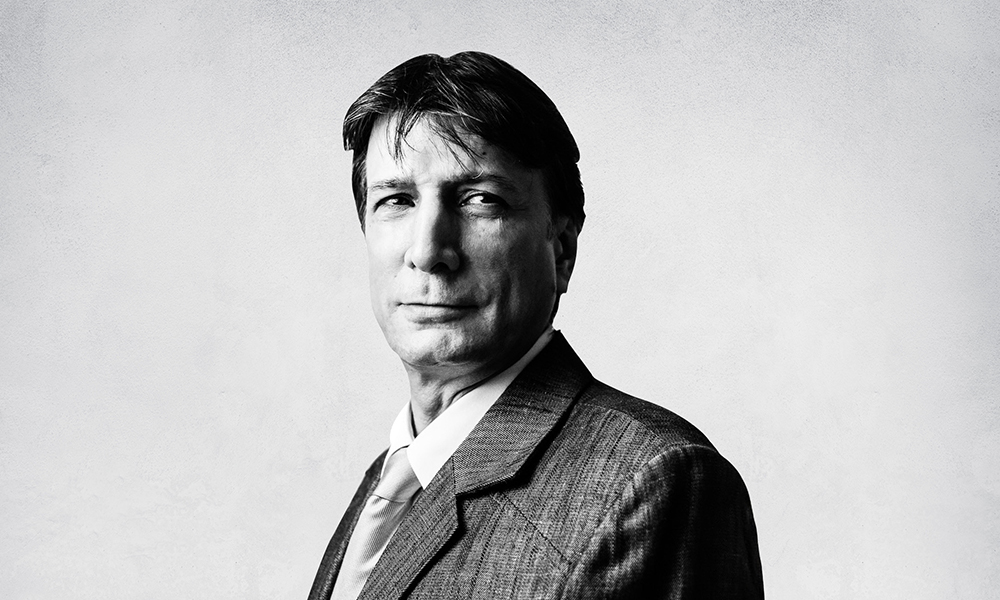
Noomi Mehta, Chairman of the Board at Selvel One Group
The Out-Of-Home (OOH) advertising industry in India faces unique challenges tied to the ‘P’ factor—political involvement. This pervasive influence can manifest in varied ways, impacting policies, regulations, and operations. How should media owners address this challenge? Should they circumvent it, collaborate, or ignore it entirely? Noomi Mehta, Chairman of the Board at Selvel One Group and a seasoned industry veteran, shares his insights with wit and candor.
Understanding the ‘p’ factor: power and politics
As Noomi puts it, politics is where “promises are as frequent as a TikTok challenge,” and genuine relationships are often elusive. Politicians in India wield immense power, and their involvement in industries, including OOH, can sometimes hinder progress. Quoting Lord Acton, Noomi says, “Power tends to corrupt, and absolute power corrupts absolutely.” This power dynamic requires careful navigation, balancing opportunities with ethical considerations.
Building relationships: genuine or strategic?
According to Noomi, media owners must decide whether to treat politicians with disdain or engage with them strategically. While politicians can often appear “like inflatable toys, bouncy and full of hot air,” they can also be shaped like putty in the right hands. Building alliances, even if over something as simple as “tea, samosas, and hot jalebis,” can help create a collective front that wields influence.
Advocating for long-term policies
Noomi emphasizes the need for unified efforts to advocate for stable and consistent OOH policies. Drawing from his experiences in the U.S., where businesses maintain lists of politically supportive senators, he suggests that the Indian OOH industry could benefit from similar strategies. “Cooperation is the key for mutual benefit,” he notes, advocating for a shared approach to influence governance for the industry’s betterment.
Avoiding political shortcuts
Political influence may seem like a shortcut, but Noomi warns against it. “Political influence for private benefit is not business; it’s a gamble,” he asserts. Relying on political clout often leads to fleeting gains, leaving businesses vulnerable to exploitation. “Do not depend on political clout to bend the rules,” he advises. “The only clout will be on your bent head.”
Friendships with politicians: a double-edged sword
Noomi cautions against placing too much trust in political “friendships.” While these relationships may appear beneficial initially, they can evaporate when needed most. He references the tragic story of Rajen Pillai, the former owner of Britannia, who was abandoned by his influential friends during his time of need. “Make sure your friendships don’t sink your ship,” he advises.
Staying ethical and safe
Ambition can tempt businesses to exploit connections and take unethical shortcuts. However, Noomi warns that such gambles rarely pay off. “Good money is sent racing after bad money until it becomes clear there is no money left,” he says. The key, he suggests, is to use political influence judiciously—to protect existing assets rather than pursuing unrealistic growth.
The pitfalls of political dependence
Navigating bureaucratic processes in India often involves greasing the wheels with “Vitamin M” (money). However, Noomi points out that this approach rarely guarantees long-term success. He describes instances where politicians demanded full control over business ventures, leaving media owners sidelined. “The golden lamp you just paid a fortune for is just a faulty bulb and socket, and you are about to get shocked,” he warns.
Uniting for the greater good
Despite these challenges, Noomi remains optimistic about the potential for collective action. He urges the OOH industry to channel its political connections towards creating a unified policy framework that integrates OOH into city development plans. “We are at an interesting stage in the OOH business. We are poised to leap forward,” he concludes, calling for collaboration to make the industry more vibrant and appealing.
By addressing the ‘P’ factor strategically and ethically, the OOH industry can navigate the political landscape to build a sustainable and progressive future.
-

 Campaigns
CampaignsNetflix India goes full green light on OOH with Squid Game season 2
-

 Creative Concepts
Creative ConceptsSkechers launches 3D cricket shoe Bus Shelters in Mumbai
-
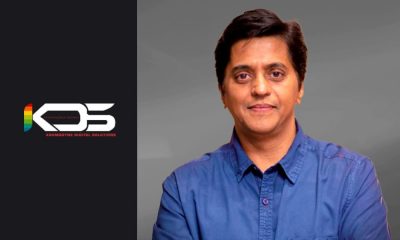
 Sustainability
SustainabilityStatus of sustainable printing in the OOH Industry: Challenges and pathways forward
-

 Sustainability
SustainabilityGreen Advertising: Insights on Sustainability in Out-of-Home Campaigns

